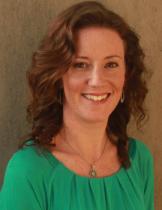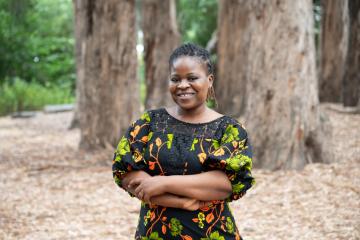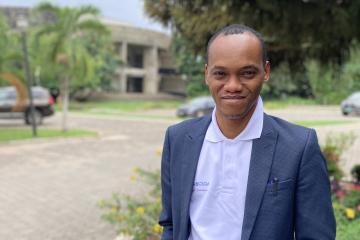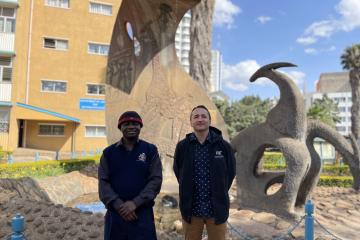
African Scholar Spotlight: Dr. Robertson Khataza
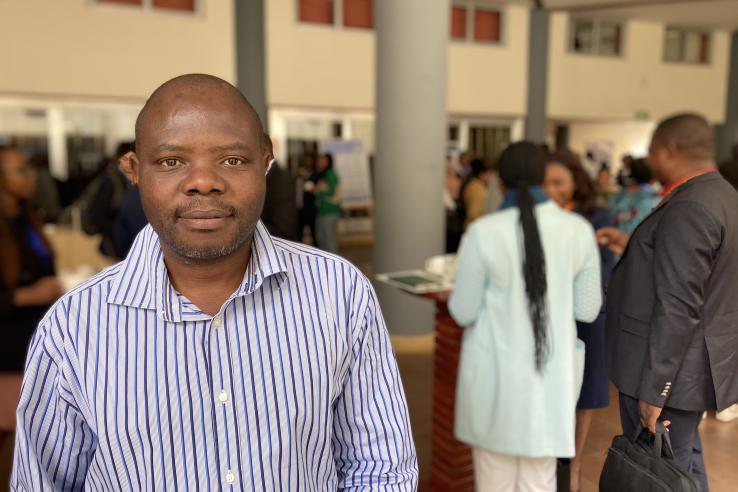
This post is part of our ongoing series showcasing the work and perspectives of economists from the African continent who are leading randomized evaluations. Through our African Scholars Program, we hope to help create more opportunities for African researchers to advance the research agenda on the continent through randomized evaluations. In this spotlight, we speak with Robertson Khataza of the Lilongwe University of Agriculture and Natural Resources in Malawi.
What drew you into the field of development economics and in particular, working with impact evaluations?
Exploring the field of development economics has been quite an exciting journey for me. It involves understanding real-life challenges, some of which I can personally relate to. I come from a rural community in Karonga District, Northern Malawi, where I used to walk long distances to school or to access healthcare. Reading about similar experiences in Michael Todaro's book, "Economic Development," felt very relatable.
Impact evaluations are both inspiring and practical as the technique involves tracing the effects of a program by following impact pathways, offering a significant learning experience. As an impact evaluation specialist, one assesses a diverse range of programs, spanning public/social and private sector investments, which provides ample room for learning new methods and analytical tools. Overall, development economics and impact evaluations offer an exciting and rewarding career with job prospects in both academic and non-academic environments.
What are your broad research interests?
I am interested in understanding household preferences and welfare outcomes in an evolving socio-economic landscape. My current research interests are around technology adoption and its effect on productivity, household welfare, and other outcomes. In my recent projects, I've been working on innovative solutions. One project involves linking recent graduates in low-income countries to online remote jobs as an alternative solution to address youth unemployment.
The second project centers around ICT applications in agriculture. This is particularly exciting due to the potential of leveraging the digital revolution to rapidly disseminate information for agricultural extension and marketing which still largely rely on direct human interactions. With virtually everyone having access to a mobile phone, advisories can be disseminated far more quickly and widely. My third project investigates the connection between intimate partner violence and market-oriented crop production as a means to advance women's economic empowerment.
What are you using initiative funds to do? What research question are you trying to answer and how does it relate to your context?
A grant from the Jobs and Opportunity Initiative supports research aimed at enabling new graduates in Malawi to engage in international remote work. In low-income countries like Malawi, youth unemployment is a significant issue which is exacerbated by limited access to global job markets. This project addresses the query: can promoting international remote work serve as an effective intervention to reduce unemployment and, by extension, increase economic development? The study aims to investigate the impact of an intervention that exposes students to remote job opportunities and trains them to more effectively showcase their skills to potential employers.
What do you see as the big unanswered research questions in your context that RCTs may be able to help answer? Does this relate to any projects you are excited to work on in the future?
There are many questions that RCTs can help us answer in Malawi because a well designed study addresses the primary challenge in impact evaluations: attributing outcomes to a specific intervention by comparing the outcomes of treated to untreated groups. In a country where multiple organizations are implementing a myriad of projects to achieve similar outcomes, it is key to understand exactly which projects lead to what outcomes.
I've employed the RCT approach in the majority of my research, including my study on facilitating international remote work for new graduates. By leveraging the broader international job market, job-seekers can access a much larger pool of potential jobs at substantially higher wages, compared to domestic, non-remote job markets. Through an RCT, I'm piloting the impact of "career-readiness services" for Malawian university graduates.
How has the support you have received from J-PAL to date assisted you in your career? How can organizations like J-PAL continue to build on the support they provide to local researchers in running randomized evaluations?
J-PAL's research grants and training efforts have greatly enriched my career. Their support has been pivotal in bolstering my impact evaluation expertise, securing grants, and executing research projects. I've been granted two awards: a proposal development grant in 2022, which paved the way for a pilot grant in 2023. These grants, together with being paired with my mentor and now co-author, J-PAL affiliated professor Dean Yang at the University of Michigan, have been key points of support in capacity strengthening and smooth research implementation. Thanks to J-PAL's support, I have also attended the "Evidence to Action" workshop at Makerere University in September 2022 and CEGA’s Africa Evidence Summit in Nairobi in June 2023. J-PAL's continued support, training, and funding of local researchers and RCT-based evaluations on the continent is crucial.
Do you have advice to offer other young aspiring African scholars thinking about a career in economic research?
For young African researchers, my advice is to actively engage in research networks and capacity-building programs like the J-PAL African Scholars program. These initiatives are invaluable for sharing knowledge, skills, and resources, enabling us to become globally competitive researchers. While young researchers often have brilliant ideas, they might lack the skills to secure funding or present their ideas effectively to reviewers and funders. Participating in mentorship programs is crucial; pairing young scholars with experienced researchers offers significant learning and opportunities to turn research ideas into reality.

